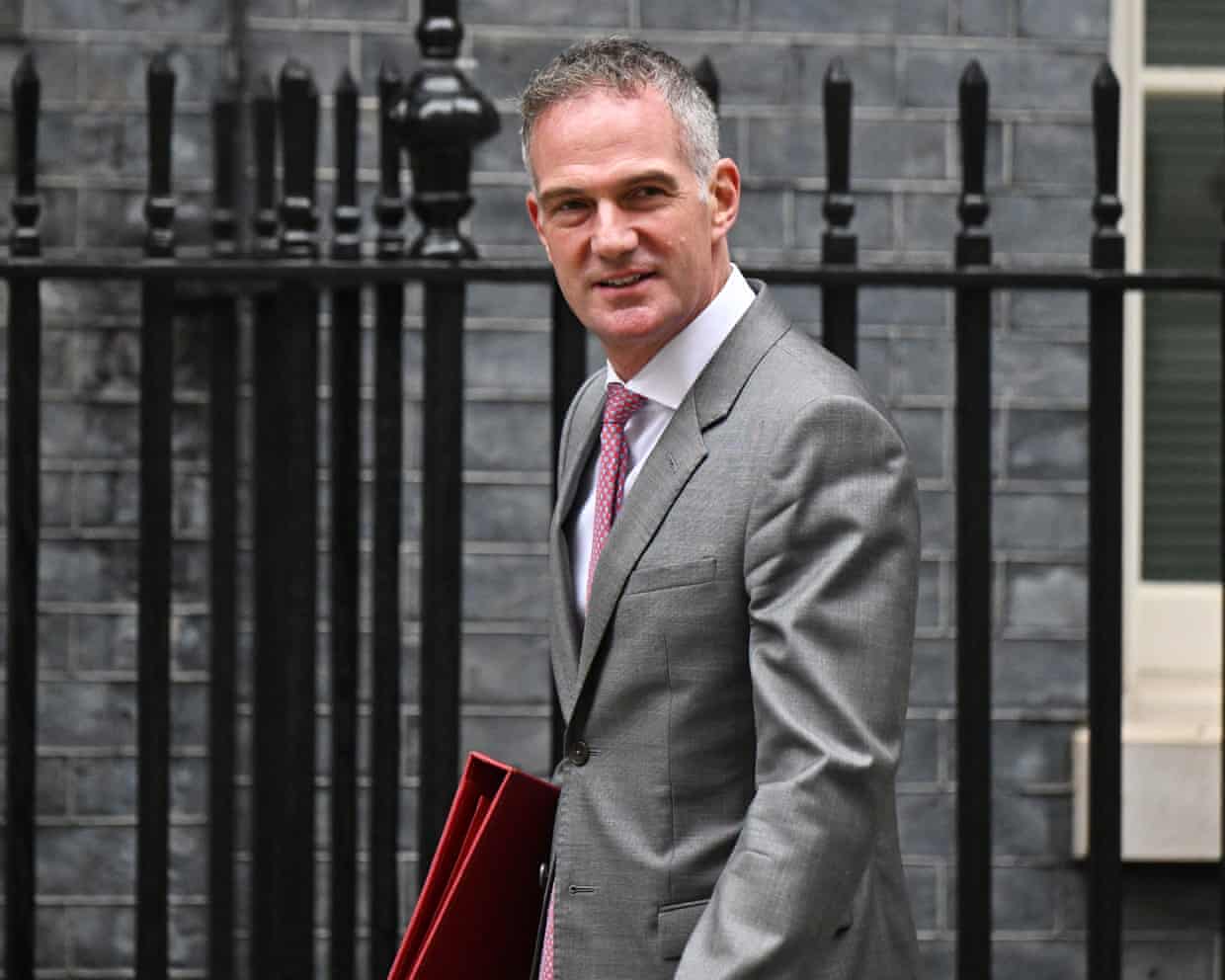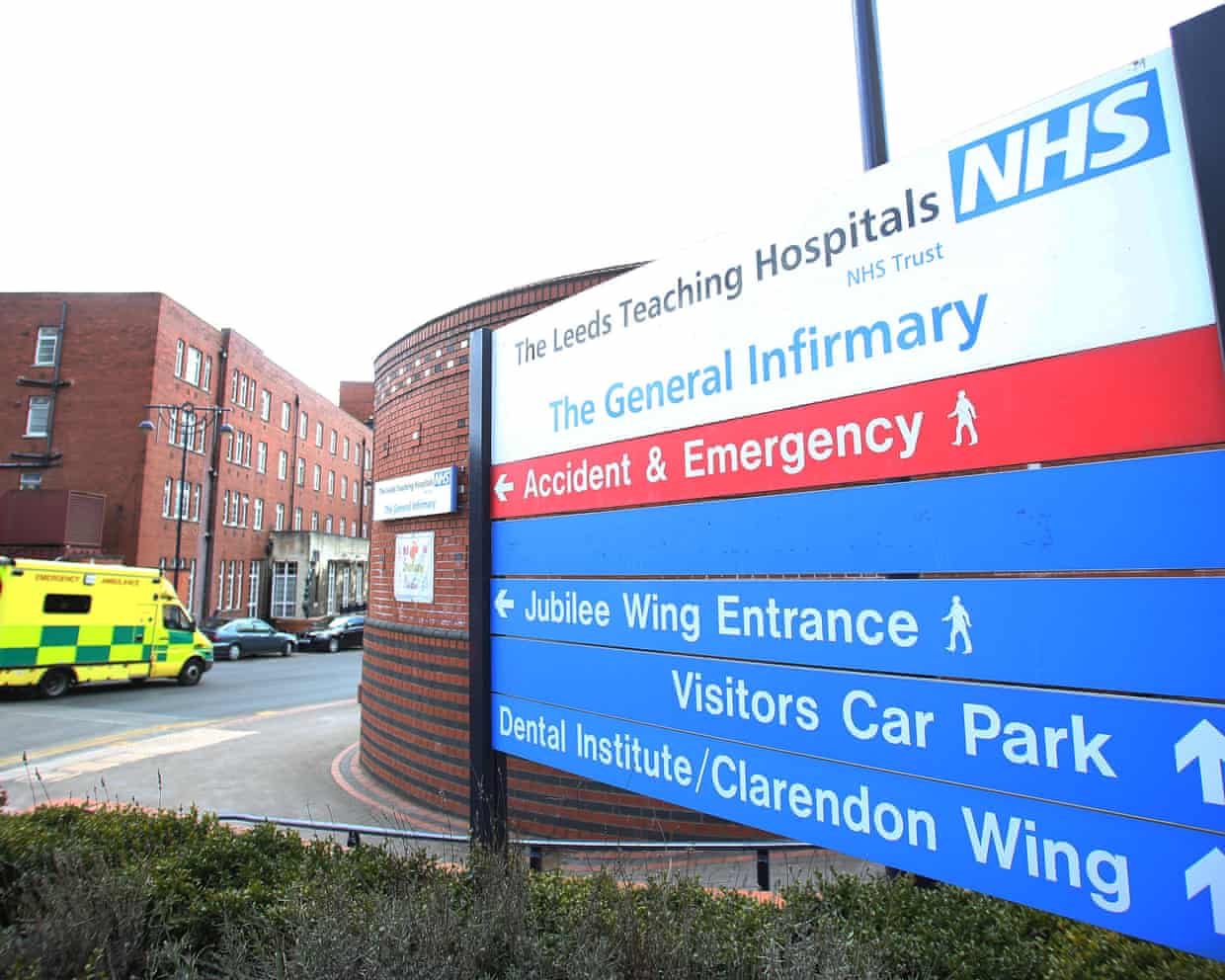Welsh rugby to lose one of its four regions in the next three years

The number of professional men’s rugby teams in Wales is to be cut from four to three within the next three years.The Welsh Rugby Union had been pushing for a two-team solution but, after a period of consultation, has now announced there will be funding for only three pro sides in the future.The four existing regions – Cardiff, Scarlets, Ospreys and Dragons – will remain for the moment but are to be reduced to three by 2028, with teams based in the capital city, east Wales and west Wales.It means there will be insufficient room for both the Scarlets – formerly Llanelli – and the Swansea-based Ospreys who could now come under pressure to merge.If a merger proves impossible – highly likely with so much history and rivalry involved – a “fair and transparent” tender process would decide the outcome.
It will inevitably trigger a further period of uncertainty for players and supporters,The WRU, however, says the decision “reflects the need to concentrate talent, improve competitiveness and ensure financial sustainability” within Welsh rugby,“We have heard loud and clear from the consultation that people want a long-term fix and not a short-term patch,” said Richard Collier-Keywood, chair of the WRU Board,“We have listened and we agree,”The extended timeline is shaped by the fact the WRU is committed to the United Rugby Championship until 2028 and would be liable for a heavy fine if a club were to withdraw prematurely.
However, if the URC finds a replacement before then – there has been speculation about a potential American franchise – Welsh representation could theoretically be reduced as early as the start of the 2027-28 season,The process is the product of rugby’s increasingly tough financial landscape and Welsh rugby’s lack of success,Between them the regions have not won a big trophy for years and the national side’s fortunes have taken a sharp dip during which they have endured a record 18-game losing streak and sunk to 12th in the world rankings,WRU bosses have made clear, however, that doing nothing was no longer an option,The three proposed sides will each initially receive annual funding of £6.
4m, rising to £7.8m.Two elite women’s teams will also be funded but the upheaval will prompt renewed questions from politicians and fans, with rugby’s popularity in Wales traditionally based around fierce local rivalries.MPs have already announced plans to question the WRU about the outcome of its consultation and the impact on the sport’s wider economic and cultural importance in Wales.“With rugby woven into the fabric of life in communities up and down the nation, the proposed structural changes announced by the WRU today will resonate far beyond the pitch,” said Ruth Jones MP, chair of the Welsh Affairs Committee.
Next month’s autumn international series is now certain to take place against a renewed backdrop of domestic bickering, with the WRU-owned Cardiff and the Dragons having already signed up to a new Professional Rugby Agreement while the Ospreys and Scarlets have yet to do so.Sign up to The BreakdownThe latest rugby union news and analysis, plus all the week's action reviewedafter newsletter promotionIf the Scarlets, in particular, were to disappear from the professional map it would represent a grievous blow to rugby’s heritage in west Wales which has spawned some of the world game’s most illustrious talents.Ospreys, too, have enjoyed greater success in recent times than either Cardiff or Dragons.There are also plans to redevelop St Helen’s in Swansea as the Ospreys’ new permanent home, while the Scarlets recently announced proposed new US-based investors.The Wales captain, Jac Morgan, has indicated he will depart Welsh professional club rugby if his Ospreys side cease to exist and a three-year hiatus will inevitably have an impact on player retention and recruitment in Welsh rugby more generally.

Resident doctors in England to go on strike for five days next month
Resident doctors in England will strike again next month – the 13th time since 2023 – a decision NHS bosses say is “the last thing the NHS needs”.Hospital chiefs predicted that the stoppage would make it harder for the NHS to manage the increase in winter viruses and hamper its efforts to tackle the 7.4m waiting list backlog.The British Medical Association (BMA) and Wes Streeting, the health secretary, blamed each other for the five-day strike, from 7am on 14 November to 7am on 19 November.Dr Jack Fletcher, the chair of the BMA’s resident doctors’ committee (RDC), said on Thursday that the strike was a response to Streeting offering only “vague promises” after the union’s “reasonable” demands on pay and career progression

Challenges of council restructure in Kent | Letter
Your report on the problems in Kent county council stresses the conflicts in the ruling Reform UK party over the budget (‘Suck it up’: leaked video exposes bitter infighting at Reform UK’s flagship Kent council, 18 October). These squabbles must not obscure the very real problems that the county faces in meeting government requirements to restructure into three or four new unitary councils.The new pattern of unitaries is likely to divide wealthy West Kent from East Kent, which has the highest concentration of social need and the least capacity to raise council tax. The level of debt that unitaries will inherit from the existing district councils makes things much worse – virtually zero in West Kent and probably near £500m in East Kent. Kent county council’s additional £750m debt makes matters worseThe issues of social need, the capacity to invest in good-quality jobs and how to address the debt crisis must be at the forefront of debate about how we go forward

Asda hires autistic man who was let go by Waitrose after years of volunteering
An autistic man who was let go as an unpaid shelf stacker at a Waitrose supermarket despite volunteering there for years has been offered a job at Asda.Tom Boyd, 28, had worked in the Cheadle Hulme Waitrose store since 2021 with a support worker, as his mother, Frances Boyd, said the role gave her son “a sense of purpose and belonging”.In a Facebook post last Friday, she wrote that her “autistic son has been treated so unfairly, and we feel deeply let down” by Waitrose. She said the supermarket declined to give him a paid job despite him offering more than 600 hours to the store “purely because he wanted to belong, contribute, and make a difference”, and that he was a well-liked member of the team by his co-workers.Boyd added that they had only asked for a few hours of paid work “not as charity, but as recognition for all the time, effort, and heart” Tom had given to the store, and that she and her family were “shocked by how dismissive and cold” the management’s response was, and that Tom was asked not to return

Ministers confirm plans to reduce London’s affordable housing quotas
Ministers have confirmed plans to reduce affordable housing quotas in London as they try to reverse the recent collapse in housebuilding in the capital.Steve Reed, the housing secretary, said on Thursday that developers would be allowed to qualify for fast-track planning status if their projects included 20% affordable housing, down from the current target of 35%. Of those 20% however, 60% will have to be available at the cheapest social rents.The plans, which were revealed last week by the Guardian, come after new housebuilding in London shrank to just a few thousand units a year, with developers saying they are constrained by high interest rates and sluggish planning procedures.They have caused anger among homelessness campaigners and some Labour MPs, however, who say the government is undermining its pledge to tackle homelessness

Dozens of Labour MPs warn of chaos for firms over gender recognition advice
Dozens of Labour MPs have written to ministers warning that upcoming regulations on how to implement rules on gender recognition could cause chaos for many businesses.In a private letter to the business secretary, Peter Kyle, the MPs said they had been contacted by large numbers of companies that were deeply alarmed at the implications of the guidance, citing significant potential costs and a “minefield” of competing legal rights.Ministers are still considering the final guidance, drafted by the Equality and Human Rights Commission (EHRC), so it is not yet public. Sources at the watchdog, however, have briefed that it is broadly similar to interim advice issued shortly after April’s landmark supreme court ruling that sex in the Equality Act refers only to biological sex.The interim advice, which was withdrawn last week, said the supreme court ruling meant transgender people should not be allowed to use toilets meant for the gender they live as, and that in some cases they could not use toilets consistent with their birth sex

Care Quality Commission chief quits over maternity inquiry into NHS trust he led
The chief executive of the Care Quality Commission has quit after the announcement of an independent inquiry into maternity failings at an NHS trust he led for a decade.Sir Julian Hartley said staying in his current role was “incompatible” with the investigation into Leeds teaching hospitals NHS trust (LTH), which he led for 10 years until 2023, and said it could “undermine trust and confidence in the regulator”.In a statement, he said: “This has been an incredibly difficult decision. However, I feel that my current role as chief executive of CQC has become incompatible with the important conversations happening about care at LTH, including during the time I was chief executive there.“I am so sorry for the fact that some families suffered harm and loss during this time

Seth Meyers on Trump’s White House demolition: ‘This is insane’

Toe-curling fashion: how did toe shoes become so popular?

Stephen Colbert on Trump’s White House East Wing demolition: ‘So deeply unsettling’

Jon Stewart on Donald Trump: ‘He’s the imitation crab of kings right now’

Repair bills could force hundreds of UK churches to close within five years

London museum identifies black Waterloo veteran in rare 1821 painting